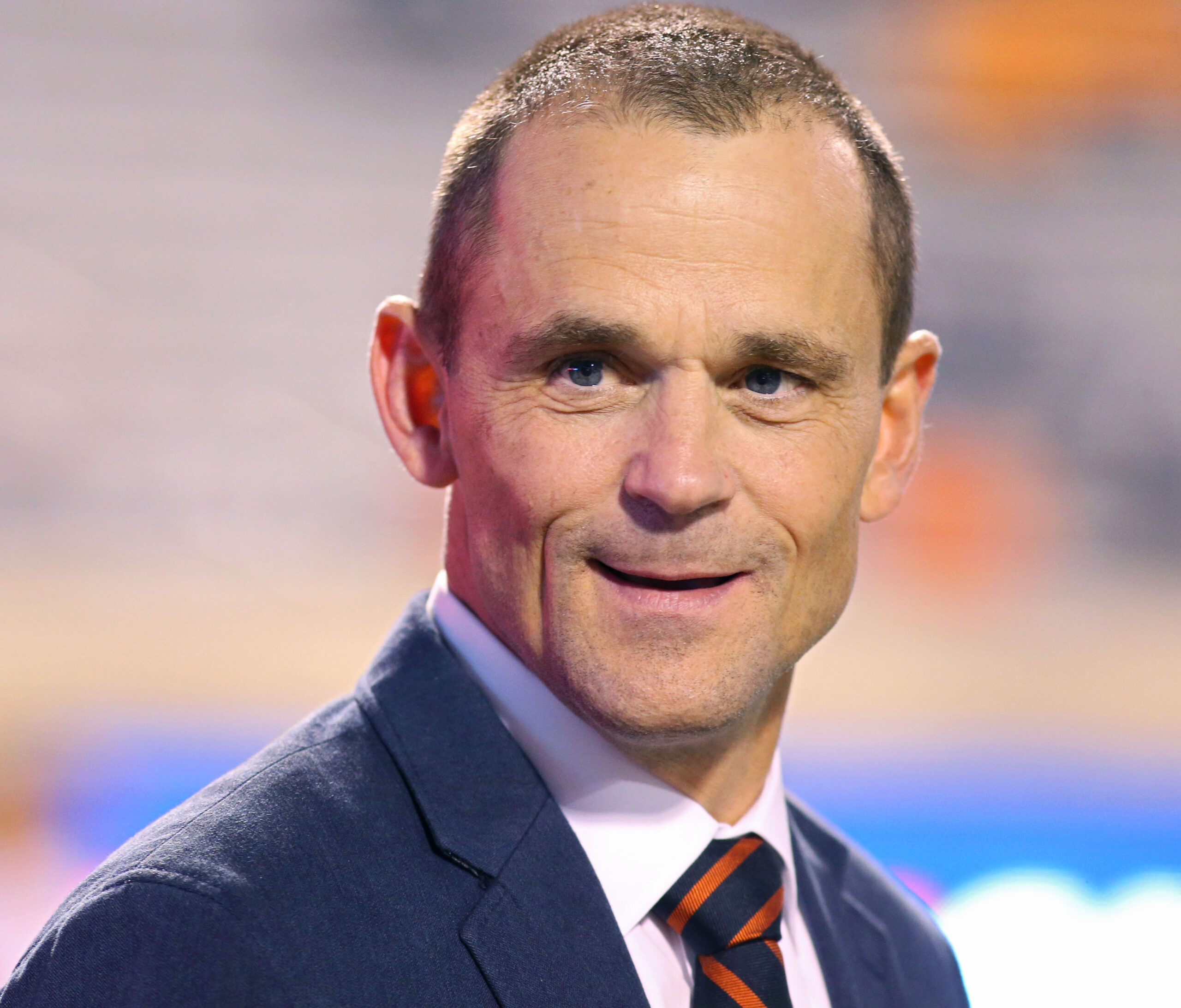What Is Higher Education For?
Pascal-Emmanuel Gobry has compiled a list (warning: NSFW language) of the functions of higher education, ranging from promotion of cultural literacy to provision opportunities for mating, with much in between.
The list not exhaustive: although economic mobility has declined in recent decades, higher education still offers important opportunities for advancement. And some of the items could be clarified. For example, universities soften market pressures on intellectuals in some ways. But they certainly don’t eliminate them. Still, thinking about what universities are for, both in aspiration and in practice, is an important step toward meaningful reform.
Gobry’s contribution is to remind us that American universities are expected to complete an amazing number of tasks. It’s not very controversial to observe that that’s a recipe for mediocrity across the board. Universities would probably do a better job if they concentrated on a few key areas.
The problem is that there’s little agreement about what universities’ core competencies actually are. Students want them to emphasize personal growth and amenities; the faculty favors pure scholarship and graduate education; politicians want job training and economically productive research; and so on. None of these constituencies “owns” the university. On the other hand, none can simply be ignored. As a result, nothing much gets done.
These crosspressures are endemic to the modern “multiversity”, as it was described by University of California President Clark Kerr. Rather than pursuing comprehensive changes, then, reformers should look for ways to disaggregate the various tasks and associations that make-up the universe of higher education. Although they won’t be to everyone’s taste, there’s nothing illegitimate in principle about most of the items on Gobry’s list. But he’s right to suggest that they can’t and shouldn’t all be pursued within a single institution.
